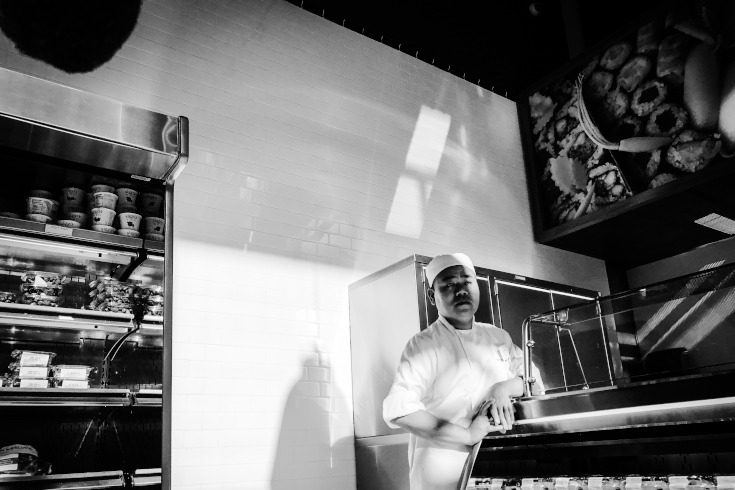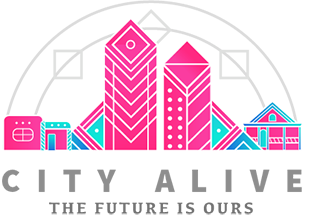Starting the New Economy

Photo Credit: Adria Malcolm
The dawn of a new revolution within our economy.
If you are like me, you are not the same person that went home in March. Fundamentally our collective sense of job security, our understanding of support systems, and our conceptions of self-reliance have all changed. Many of us are experiencing a shift in priorities, some of which were perhaps not supported by our previous jobs in the previous economy. For me, I’ve shifted to reprioritize the work that gives me greater fulfillment: strategic planning and community building. The fact that my schedule is no longer clogged with endless meetings has contributed to a more focused engagement with ideas around opportunities for Albuquerque and New Mexico.
In that vein, I have been giving a great deal of thought to what it will take to restart our economy, and I’ve noted that many of the prominent ideas out there are missing the mark. It seems that we are simply not asking the right questions. Rather than aiming to return to the economy that was, we need to be asking, “How do we start the new economy?”
The outbreak of COVID-19, the subsequent response from our governments, and the impact on our economy have all highlighted the weaknesses of our old economy. Inefficiencies in the marketplace were highlighted by its inability to deal with the characteristics of an emergency, in this case healthcare workers and facilities, vaccines and drug discovery, and rural and distanced delivery of care. Insufficient support for small and local businesses became clear in the entropic cascade of economic impacts from well-meaning decisions such as stay-at-home and shut down orders. Inequity stepped into broad daylight through the failing or non-existent infrastructure around both capital and broadband access in already at-risk communities.
In addition, the predictable responses from the government reflect our antiquated thinking about our economy. Bailouts, increased printing of money, and subsidization of large industries only serve to perpetuate the old economy which already didn’t work for so many Americans. Shut-down orders that target small businesses and favor large, national chains have further exacerbated the problem. So far, we have done very little to address the glaring flaws in our economy and our relationship to it.
Why are we trying to restart an economy that produced inequities and inefficiencies, that left families in generational cycles of poverty, that prioritized the few over the many? Our current suspension of almost all activities gives us a once in an era opportunity to recast the outcomes that our systems support. As we go forward in the next weeks, months, and years, let's not “return to normal” but rather elevate our expectations for something entirely new.
I am not advocating for more programs, more systems, and more bureaucracy to address this shift toward our next economy. What I am promoting is the removal of all barriers that do not allow for the flourishing of individuals within a more responsive, equitable economy. Could we start an economy where improved digital and physical infrastructure help ideas and innovations flow to where they are needed most? Could we commit to supporting local businesses, which we know are cornerstones in communities. Could we forsake the systems and structures that perpetuate poverty and limit opportunity? Can we finally value people, investing in their personal resiliency, and trusting them to contribute even from a location other than an office? Could we eliminate the barriers which have driven people from the critical healthcare fields? Could we invest in digital equity?
I have many more questions than solutions, but I think that we are on the dawn of a new revolution within our economy. I would encourage us all to reject the idea that we are trying to restart the old economy. I believe it is time for us to be highly intentional in beginning anew.





